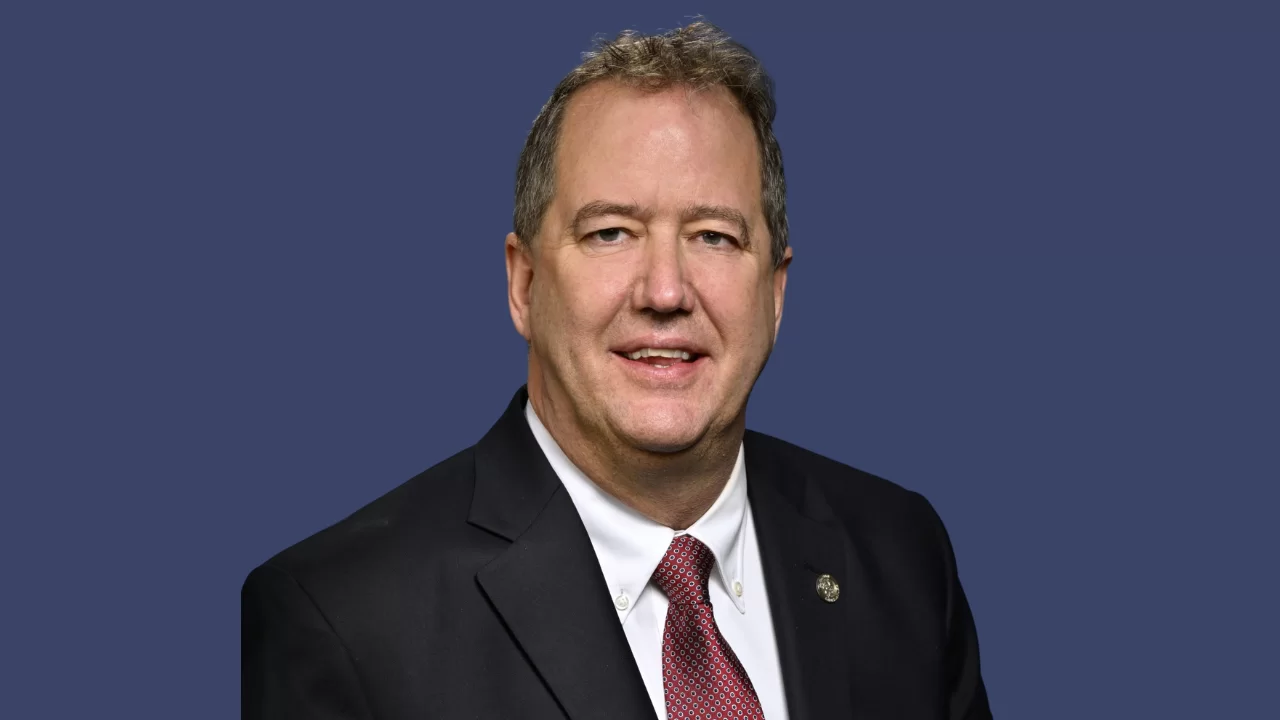State Rep. Cam Cavitt | Michigan House Republicans
State Rep. Cam Cavitt | Michigan House Republicans
State Representative Cam Cavitt, a Republican from Cheboygan, has expressed his concerns about Governor Gretchen Whitmer's State of the State address. In a statement released on Wednesday, Rep. Cavitt criticized the governor's proposed programs, particularly the tax rebates for electric vehicles.
According to Rep. Cavitt, the governor failed to acknowledge the impact these policies would have on the people of Michigan. He stated, "The income tax hike and green energy policy are going to have a devastating impact on my community. Yet, tonight, the governor celebrated that devastation."
Rep. Cavitt further highlighted the rising costs faced by residents in Northeast Michigan, including groceries, electricity, and energy. He criticized Democrats for fighting to keep income taxes high, despite the state's $9 billion budget surplus from the previous year. Rep. Cavitt remarked, "It's devastating to see the state force high taxes and spend historic amounts while ignoring Northern Michigan."
In addition to the income tax hike, Rep. Cavitt expressed concerns about the governor's new energy plan and its impact on rural communities. He pointed out that a biomass power plant in Lincoln, Michigan, recently announced its closure, resulting in job losses and added pressure on struggling families. Rep. Cavitt argued, "Green energy policy may play well in Traverse City. But, the governor needs to realize Northern Michigan extends far beyond Traverse City."
Rep. Cavitt's statement emphasizes the need for the governor to consider the broader impact of her policies on all regions of the state, particularly Northern Michigan. He urges Governor Whitmer to acknowledge the challenges faced by rural communities and to ensure that their voices are heard in the decision-making process.
It is clear that Rep. Cavitt is advocating for a more comprehensive approach that takes into account the unique needs and concerns of all Michigan residents. As discussions and debates continue, it is important for policymakers to consider the diverse perspectives and ensure that no community is left behind.


 Alerts Sign-up
Alerts Sign-up